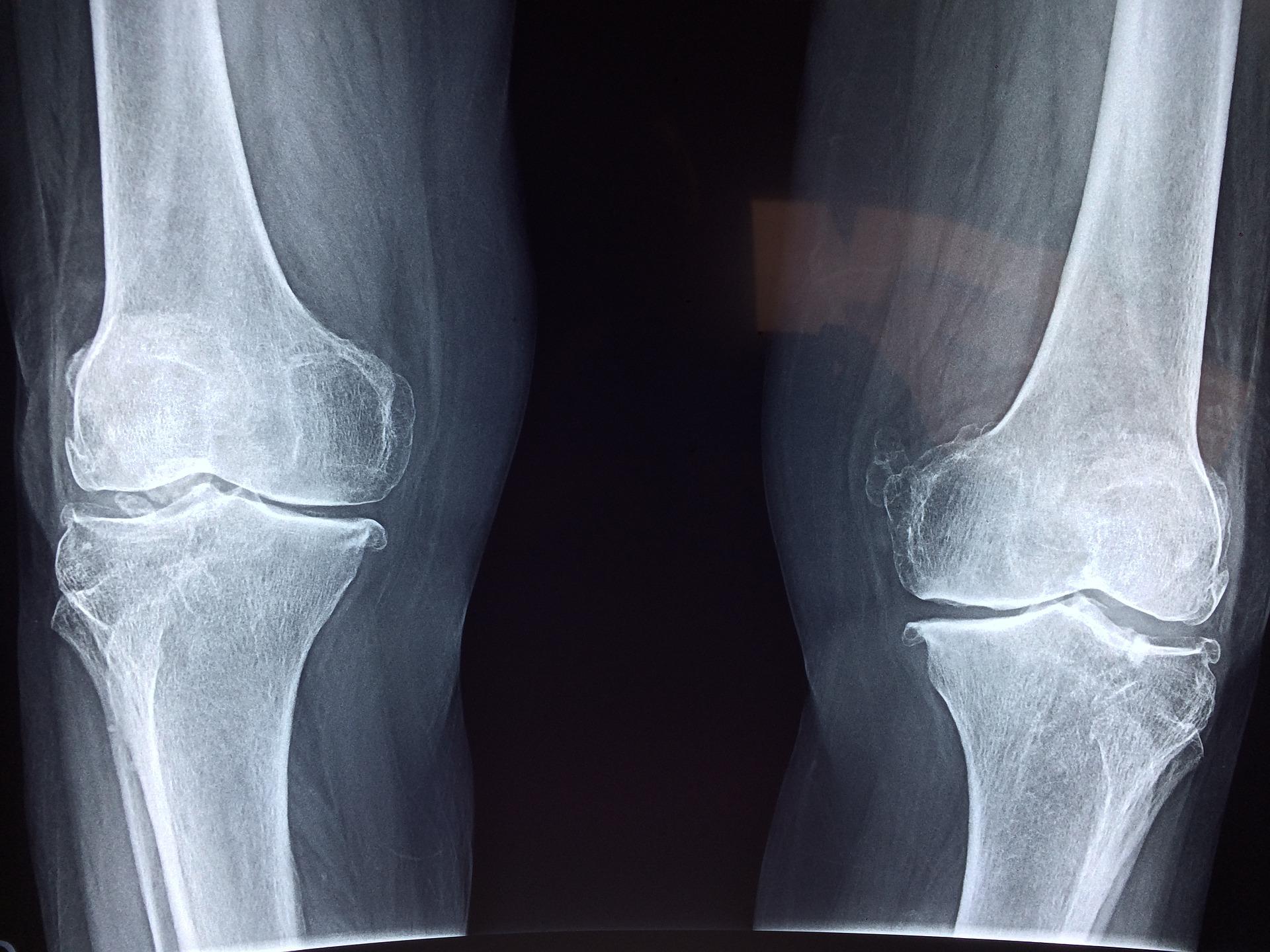Which Painkiller?
The type of medicines that you need to treat your pain depend on what type of pain you have. For pain associated with inflammation, such as back pain or headaches, paracetamol and anti-inflammatory painkillers work best.
If the pain is caused by sensitive or damaged nerves, as is the case with shingles or sciatica, it's usually treated with tablets that change the way the central nervous system works. The aim of taking medication is to improve your quality of life. All painkillers have potential side effects, so you need to weigh up the advantages of taking them against the disadvantages.
Paracetamol
Paracetamol is used to treat headaches and most non-nerve pains. Two 500mg tablets of paracetamol up to 4 times a day is a safe dose for adults (never take more than 8 tablets in a 24-hour period).
Overdosing on paracetamol can cause serious side effects, however, so do not be tempted to increase the dose if your pain is severe. If the pain lasts for more than 3 days, see your GP.
Ibuprofen
Non-steroidal anti-inflammatory drugs (NSAIDs), such as ibuprofen, diclofenac and naproxen, seem to work better when there's clear evidence of an inflammatory cause, such as arthritis or an injury.
They should not be used for long periods unless you have discussed it with your doctor. If you take them for long periods, there's an increased risk of stomach upset, including bleeding, and kidney and heart problems.
Do not take more than the recommended dose, as this will increase the risk of serious side effects.
Pregnant women should not take ibuprofen unless a doctor recommends and prescribes it. Paracetamol is the recommended alternative in pregnancy.
Aspirin
Aspirin is another type of NSAID. It produces the same kind of side effects as other NSAIDs, but is not as effective as a painkiller, which means it's not usually prescribed for pain.
Never give aspirin to a child younger than 16 unless their doctor prescribes it. There's a possible link between aspirin and Reye's syndrome in children.
Codeine
Codeine does not work very well on its own. It works better when combined with paracetamol in a single pill. You can buy co-codamol (paracetamol and low-dose codeine) over the counter. Higher-dose codeine has to be prescribed.
It's not recommended to take codeine or other medium-strength prescribed painkillers on a long-term basis as this could lead to you becoming dependent on them. This could then make it difficult for you to stop taking them.
If you're worried that you may have become dependent on painkillers, contact your GP or another healthcare professional for advice.
Soluble painkillers
Effervescent painkillers are high in salt, containing up to 1g per tablet. Too much salt can raise your blood pressure, which puts you at increased risk of health problems like heart disease and stroke.
You may want to consider switching to a non-effervescent painkiller, especially if you have been advised to watch or reduce your salt intake.
Amitriptyline and gabapentin
Amitriptyline is a drug for depression and gabapentin is a drug for epilepsy. Each of these medicines can also be used to treat pain caused by nerve sensitivity or nerve damage, such as shingles, diabetes, nerve pain and sciatica.
You do not have to have depression or epilepsy for these tablets to help your nerve pain. Amitriptyline and gabapentin both have to be prescribed by a GP. Side effects include drowsiness and dizziness.
Morphine
Morphine and morphine-like drugs (such as oxycodone, fentanyl and buprenorphine) are the strongest painkillers there are.
Depending on your individual circumstances, these types of painkiller may be prescribed as a patch, an injection, or sometimes in a pump you control yourself.
But they all work in similar ways and should only be used for severe pain. They'll only be prescribed after consultation with a doctor or a pain specialist. The dose and your response will be closely monitored. These drugs should only be used as part of a long-term plan to manage your pain.





























































